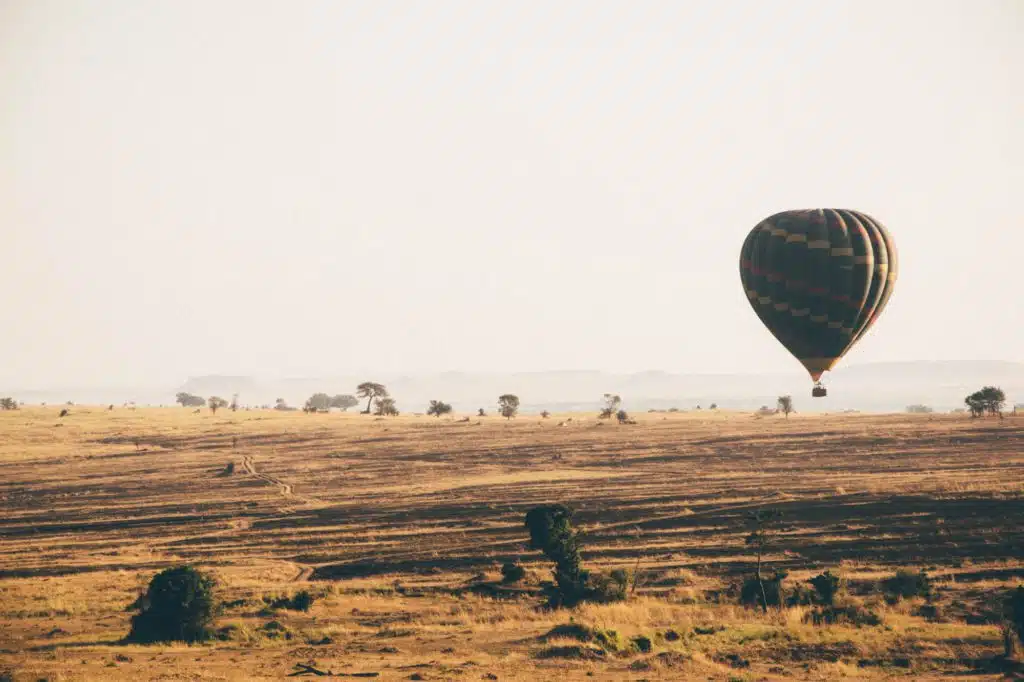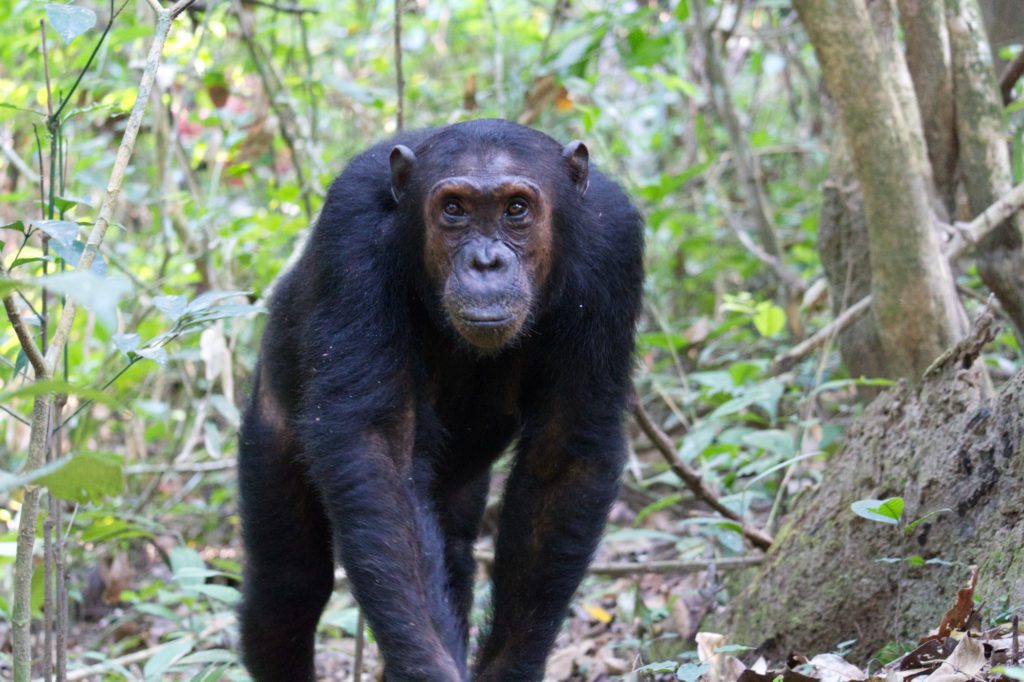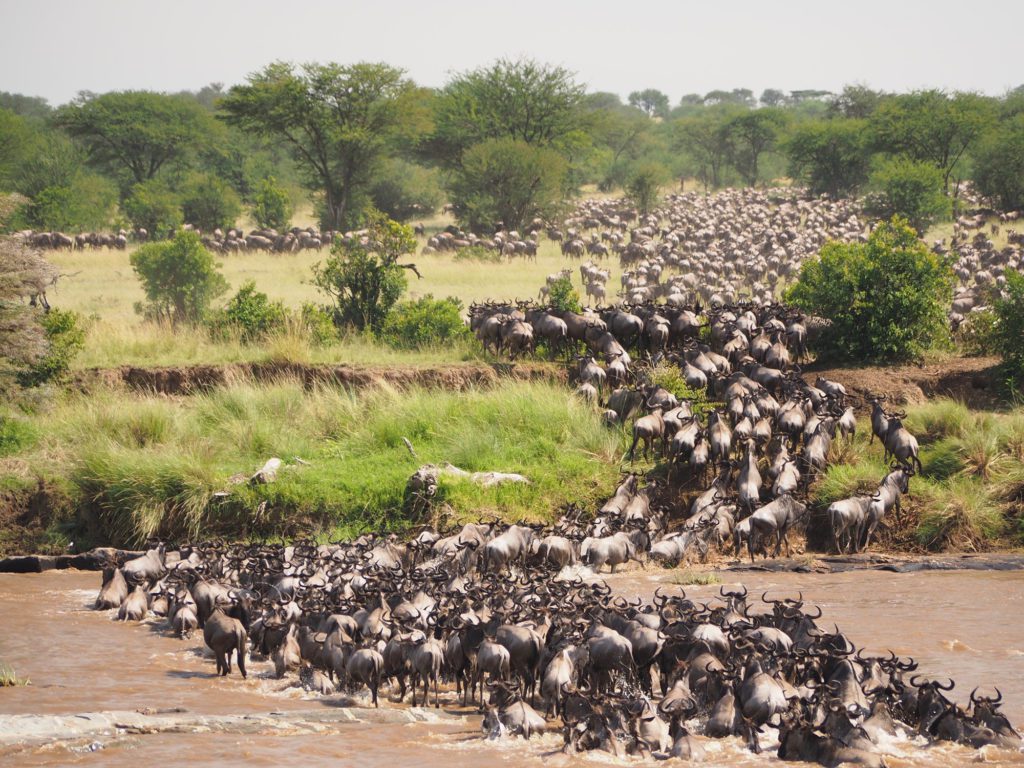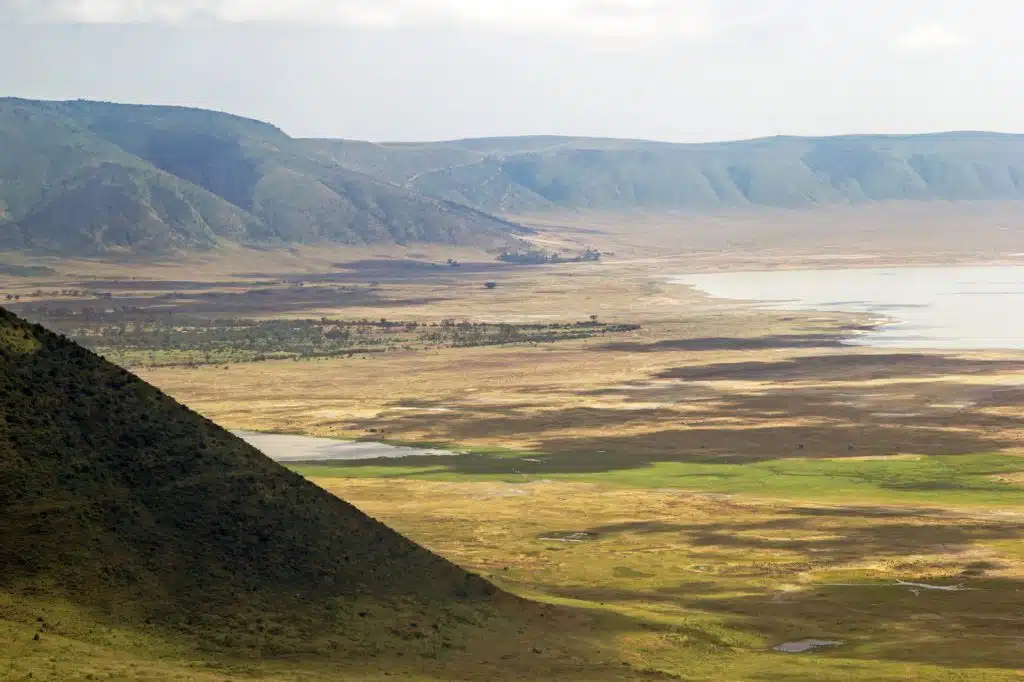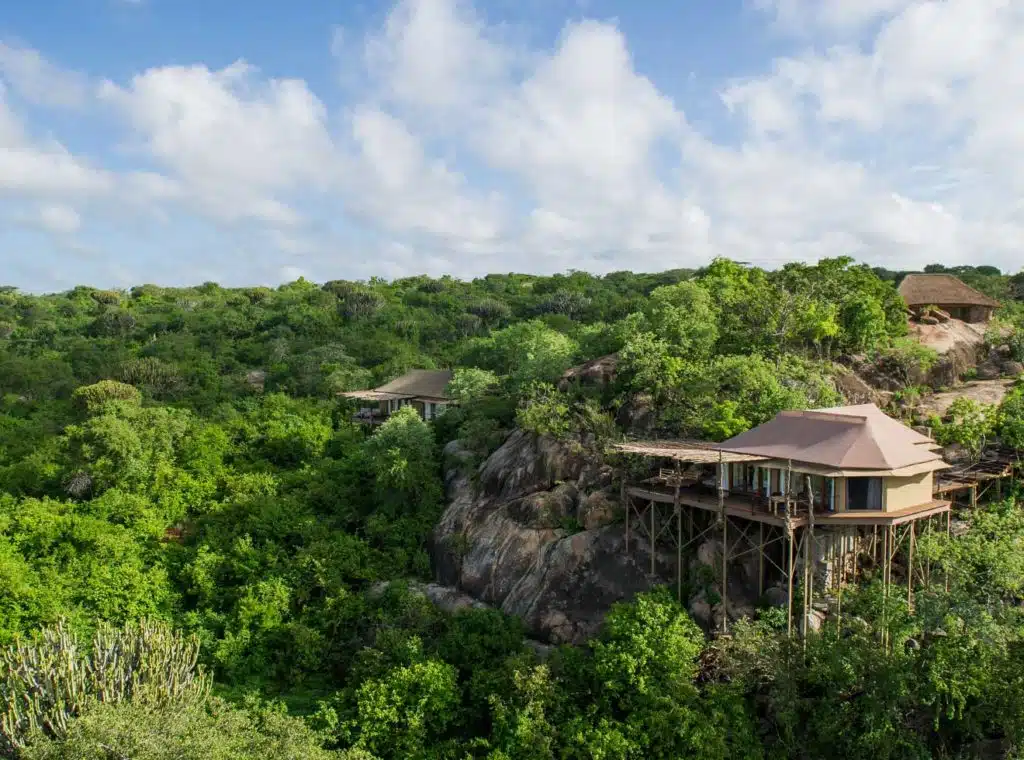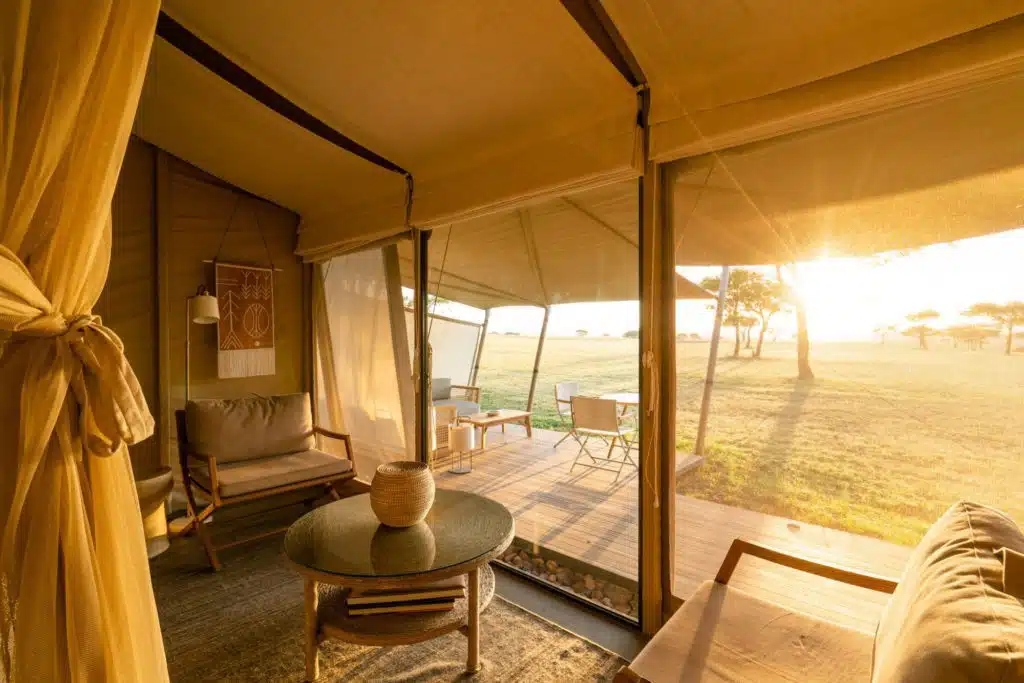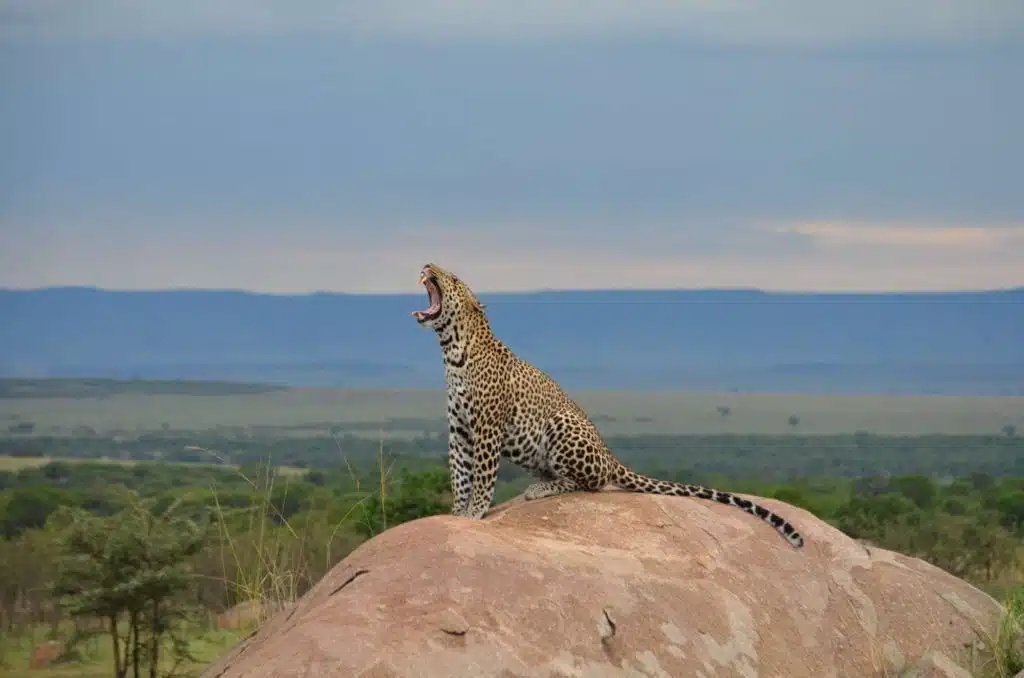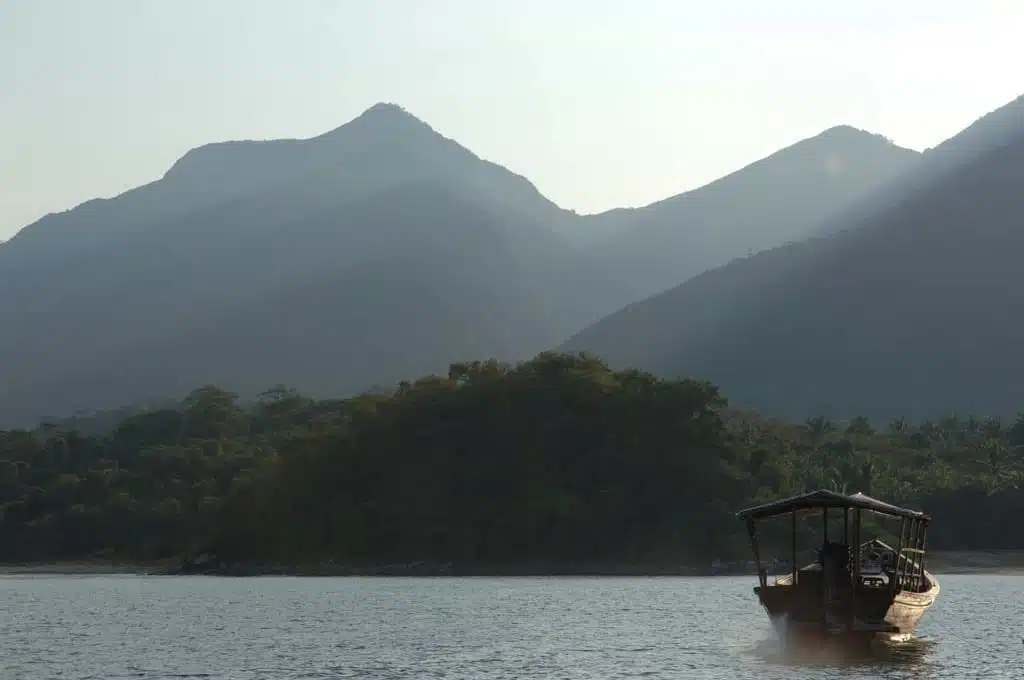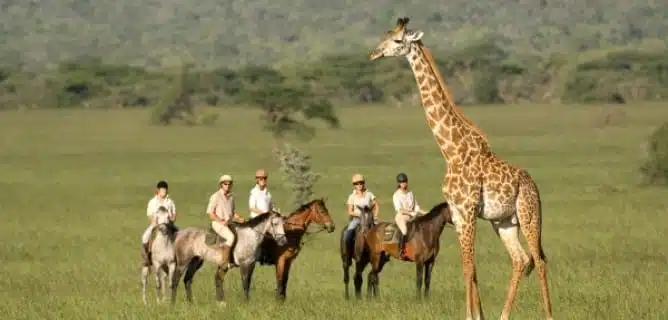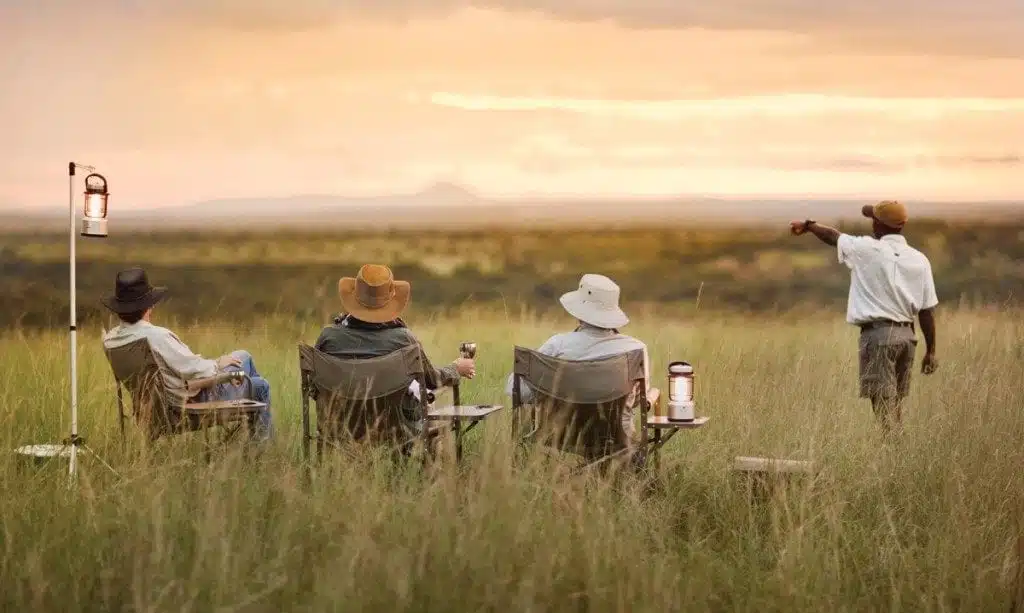HOW LONG SHOULD I SPEND IN TANZANIA?
Taking any less than one week to explore Tanzania simply won’t do the country justice, and even in that time, you will leave so much unseen. Tanzania’s diversity is such that you can spend your entire extended vacation here and yet still see a wonderfully disparate array of fauna, landscapes and sights. Even if there is only one specific aspect of Tanzania safaris you wish to explore, we still recommend no less than four days.
WHEN IS THE BEST TIME TO VISIT TANZANIA?
Tanzania safaris benefit from a very even annual climate with very little change in temperature. If you plan to ascend any of the heights – the peaks of the Ngorongoro, Mount Kilimanjaro and so on – you will need thermal wear whatever time of year you visit. With two rainy seasons and two dry seasons, there are few months to be readily avoided.
However, April and May are particularly wet and best avoided. The latter part of the rainy seasons does often coincide with elephant birthing, so even those wetter months can provide significant benefit.
WHAT CAN I EXPECT FROM ACCOMMODATION IN TANZANIA?
First and foremost, intimacy. Many camps and lodges will only host a handful of guests, so even if you are sharing them with strangers, you will likely become firm friends by the end of your stay. Numerous luxury safari camps and some of the smaller lodges offer near-exclusivity, so you may well be the only ones staying there.
Camp venues are still wondrously luxurious, with a rich flavor of colonial days to transport you to a time of early explorations and romantic 1900s travel.
OTHER DETAILS:
Visas are required for most visitors, with online applications required to be finalised prior to arrival, and inoculations may be recommended. We suggest you contact your travel designer or a travel medicine specialist for advice. Internal flights are widely used in Tanzania, so whether visiting a national park, Kilimanjaro or journeying to your accommodation, smaller aircraft may be required. However, roads are reasonable and many camps will transfer you from regional airports by land.
Like neighbouring Kenya, Swahili is the national language of Tanzania. A little goes a long way, and simple phrases such as ‘jambo rafiki’ (hello friend) and ‘asante sana’ (thank you very much) can help to gain additional respect and kinship. However, English is spoken abundantly and you will rarely, if ever, require a Swahili phrasebook to converse.
Luxury Tanzania safaris offer exceptional tourism standards, from exquisite national and international cuisine to expert guides and trackers. Your accommodation staff will almost certainly be highly trained and professional, chefs well-versed in all dietary requirements and guides able to give you an abundance of knowledge and information in English.

